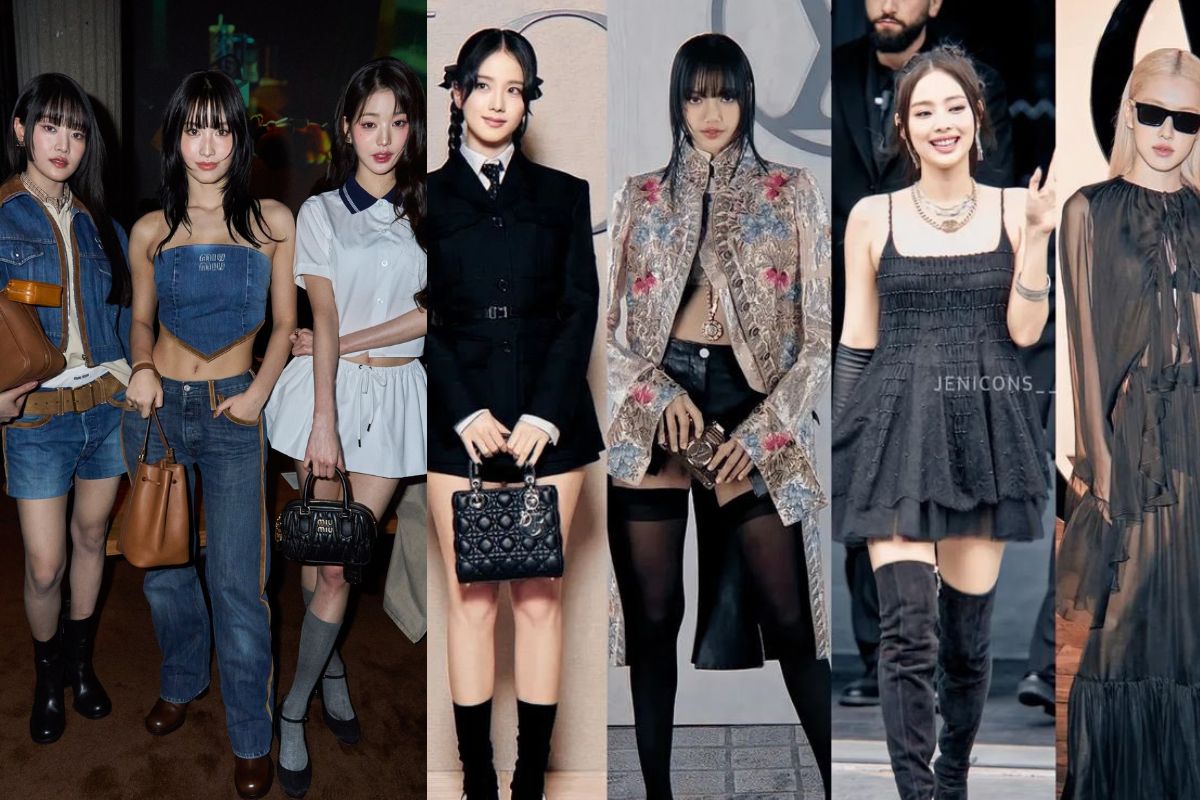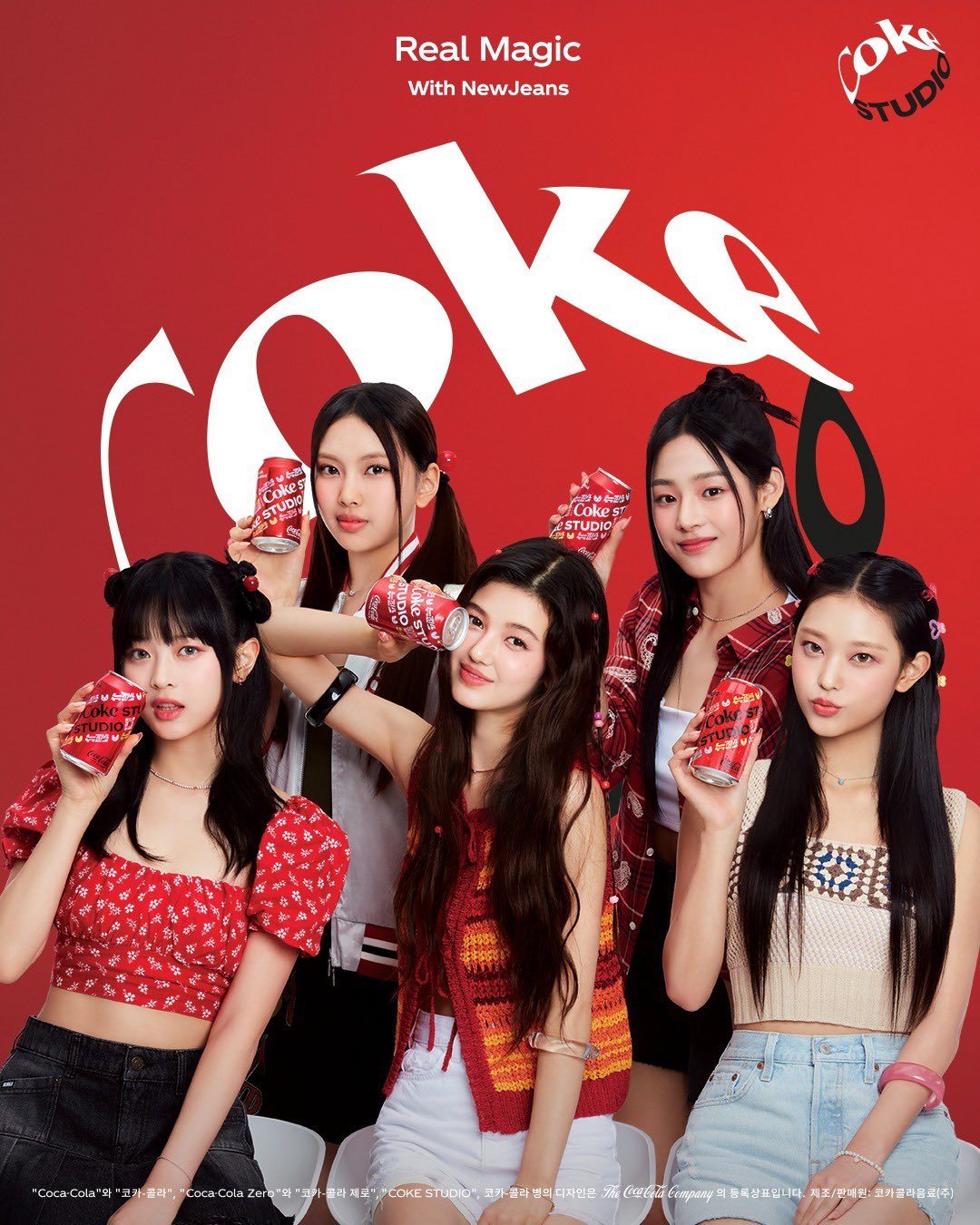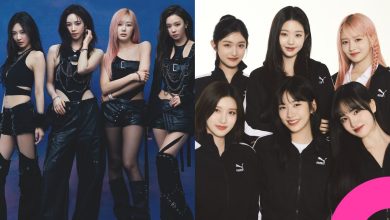
Many experts believe that K-pop is no longer just defined as “Korean pop music,” thanks to its strong development and global dominance across various sectors in recent years
Now, the K-pop industry boasts groups and artists that attract millions of global fans.
According to a report published by TikTok and UK market research firm Kantar, the current market size of the K-pop industry is estimated to be $76 billion. With this growth momentum, the potential value of Korean goods, services, and products is projected to reach $143 billion by 2030.

Notably, K-pop’s revenue doesn’t only come from concerts, albums, and merchandise but also from various other products and services, including beauty products (K-beauty), food (K-food), fashion (K-fashion), and even tourism in South Korea.
Beauty Products (K-Beauty)
As passionate fans emulate the makeup and beauty styles of their favorite idols, the export of Korean fashion and cosmetics has increased significantly. Additionally, many K-pop idols serve as brand ambassadors for major cosmetics brands, further driving global consumption of Korean beauty products.

In Asia countries, Korean cosmetics have become quite familiar. According to data from the Korea Cosmetics Association in 2023, Vietnam is currently the most lucrative market for Korean cosmetics. In a survey conducted by the Korean International Cultural Exchange Agency, 91.2% of Vietnamese respondents aged 15-59 reported having purchased at least one Korean cosmetic product, while about 68.8% regularly buy beauty products from Korea.
Korean Fashion (K-Fashion)
Like beauty trends, K-pop idols’ fashion styles often set new fashion trends. Many K-pop fans try to mimic or take inspiration from their idols’ outfits, leading fashion brands to invest heavily in the K-pop market, spending billions of dollars to sign big names for their campaigns.

Familiar ambassadors for longtime K-pop fans include Jennie (Chanel), Jisoo (Dior), Rosé (Saint Laurent), and Kai (Gucci). Recently, new names have emerged, such as Jungwoo (NCT) as Tod’s brand ambassador and Felix (Stray Kids) as Louis Vuitton’s ambassador.
K-Food
Besides fashion brands, major F&B companies also actively partner with exclusive K-pop artists to promote their products.
In early 2024, NewJeans became a global ambassador for Coca-Cola, launching a series of special “Coca-Cola Zero K-Wave” drinks in convenience stores. Pepsi’s competition remains strong, with rookie group Baby Monster from YG Entertainment as their new partner. Meanwhile, Starbucks collaborated directly with BLACKPINK on the “Turn Up Your Summer” campaign, resulting in a 4x increase in engagement.

K-pop’s cultural influence has also helped introduce and popularize Korean food worldwide. Dishes like kimchi, bibimbap, tteokbokki, and Korean fried chicken have become beloved staples in many countries. In Vietnam, these products and services have been easy to find in recent years.
K-pop Tourism
In particular, the K-pop industry plays a significant role in boosting South Korean tourism through concerts, fan meetings, and idol events.
Additionally, the KStar tour—where fans can follow in the footsteps of their idols—has long been a must for K-pop enthusiasts visiting Korea. From behind-the-scenes locations featured in viral MVs to famous K-drama filming sites, these places attract numerous tourists eager to explore and check-in.

K-pop tours, which allow visitors to tour entertainment companies, K-pop museums, and famous filming locations, have also become very popular.
Notably, the impact of K-pop on tourism extends beyond South Korea. A striking example is Super Junior, who in May 2023 became the first artists selected as tourism ambassadors for Saudi Arabia, promoting the country’s culture and events worldwide.
South Korea currently ranks 7th in the world in terms of market share in the content industry, following the U.S., China, Japan, Germany, the U.K., and France, according to the Korea Creative Content Agency (KOCCA). The Ministry of Culture and Sports of South Korea has stated that the country will continue to promote K-pop entertainment content, with the ambition of elevating South Korea’s cultural industry to the top 4 globally.







